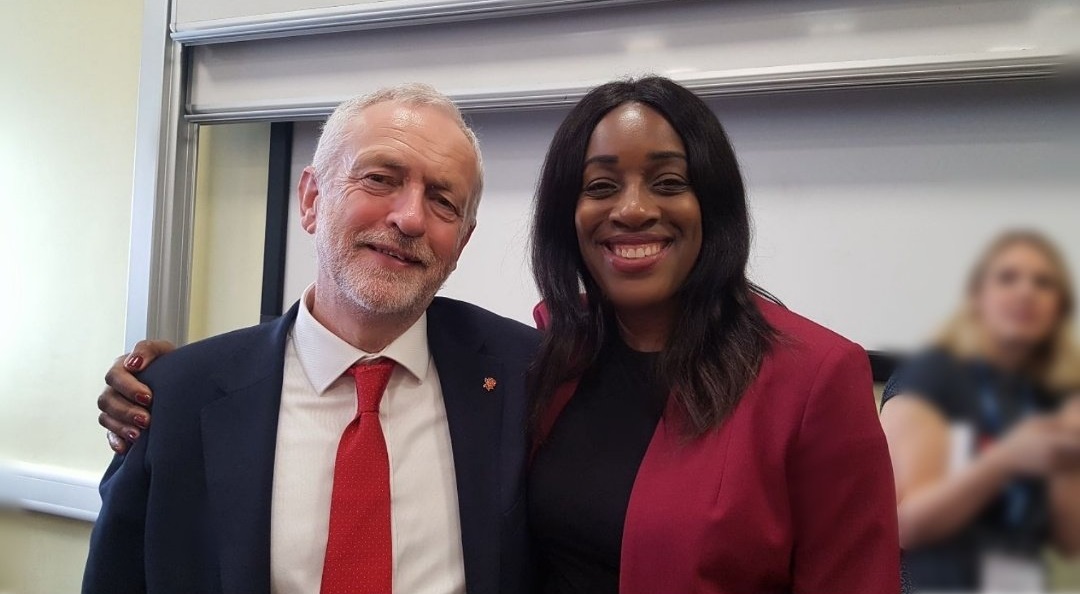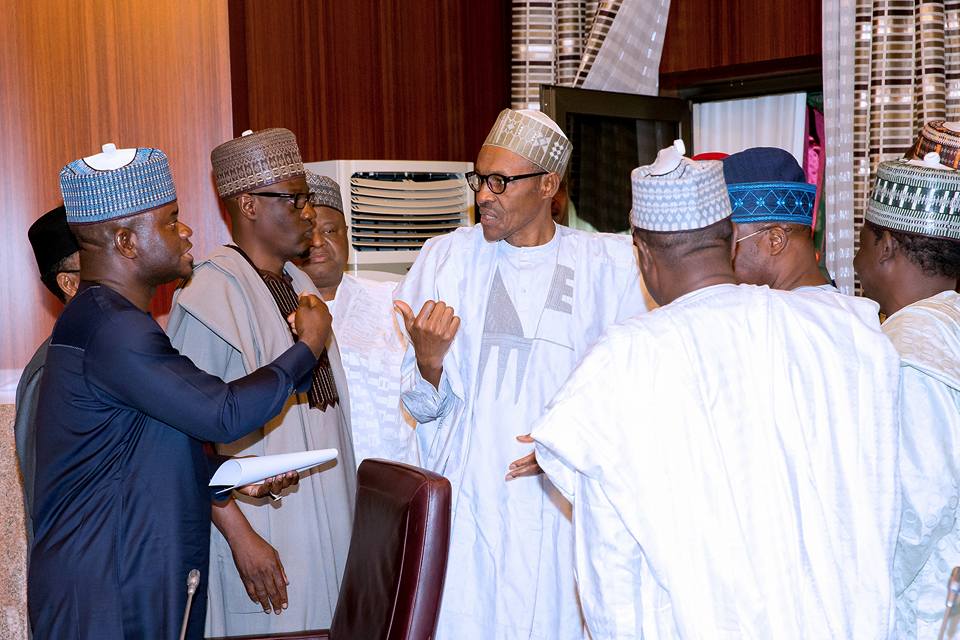Prime Minister Theresa May’s Conservative Party will fail to win a parliamentary majority in Britain’s election, according to an exit poll on Thursday, a result that would plunge domestic politics into turmoil and could delay Brexit talks.
The exit poll predicted May’s party would not win a majority of the 650 seats in parliament to take office alone, meaning she would have to form a coalition or attempt to govern with the backing of other smaller parties.
The exit poll predicted the Conservatives would win 314 seats and the Labour Party 266, meaning no clear winner and a “hung parliament”. May had been expected to win comfortably.
Political deadlock in London could derail negotiations with the other 27 EU countries ahead of Britain’s exit from the bloc, due in March 2019, before they even begin in earnest.
Advertisement
A delay in forming a government could push back the start of Brexit talks, currently scheduled for June 19, and reduce the time available for what are expected to be the most complex negotiations in post-World War Two European history.
The poll forecast the Scottish National Party (SNP) would win 34 seats, the center-left Liberal Democrats 14, the Welsh nationalist party Plaid Cymru three and the Greens one.
If the exit poll is correct, Labour, led by veteran socialist Jeremy Corbyn, could attempt to form a government with those smaller parties, which strongly oppose most of May’s policies on domestic issues such as public spending cuts.
Advertisement
May’s failure to win a majority calls into question her position as Conservative Party leader and could mean a second election in Britain this year.
The exit poll, although a good indicator of broadly how Britons have voted, has not always correctly predicted the exact result in the past.
The exit poll sent shockwaves through financial markets. Sterling, which had hit a two-week high of $1.2978 in morning trade after earlier polls had suggested a Conservative victory, dived to around $1.2780.
May called the snap election to strengthen her hand in Brexit negotiations with the other 27 EU countries which are due to begin in less than a fortnight, and to cement her grip on the Conservative Party after she took over as prime minister in the wake of last year’s EU referendum.
Advertisement
Despite being ahead in the opinion polls by more than 20 points at the start of the election campaign, May’s lead was slowly eroded, with Britons unimpressed with her election policies, particularly one to force elderly people to pay more for their social care. Opponents dubbed it a “dementia tax”.
If Corbyn’s Labour do take power with the backing of the Scottish nationalists and the Liberal Democrats, both parties adamantly opposed to Brexit, Britain’s future will be very different to the course the Conservatives were planning and could even raise the possibility of a second referendum.
Add a comment






